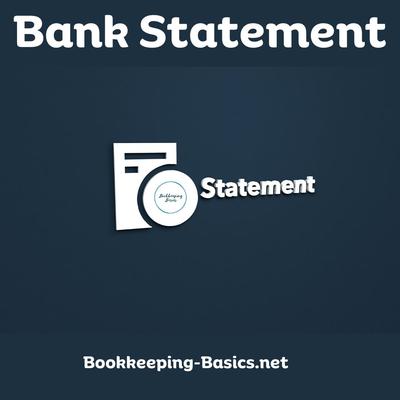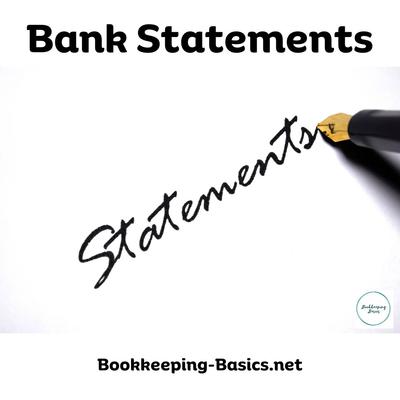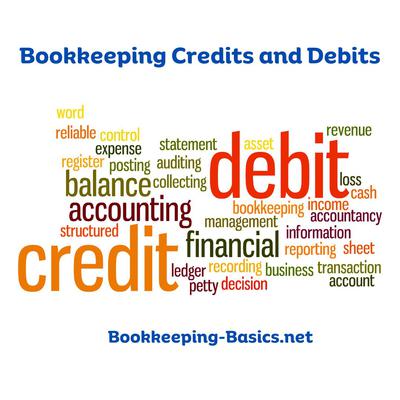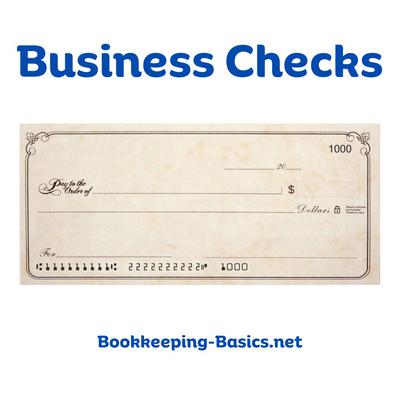- Home
- Questions and Answers
- Stale Dated Cheques
Bank Interest
Am I right in thinking that to gross up Bank interest you use 100/80 and for Dividends its 100/90?
Comments for Bank Interest
|
||
|
||
Bank Loan
by rpm
(Ontario)
When a bank loan and loan interest payment is made, is it correct to post a credit to the bank and a debit to the balance sheet account called bank loan payable and then a debit to the income and expense account called Bank Loan Interest Expense? Does the loan repayment portion inpact the Income Statement?
Comments for Bank Loan
|
||
|
||
Bank Reconciliation Not Balancing
by Peter
(Adelaide)
I am a beginner using MYOB Accounting Plus v17, and I encountered an issue with my bank reconciliation for February. My boss accidentally paid two bills twice during that month, causing the balance to be off. One of the companies has refunded the payment in March, while the other is keeping the money as credit for our next purchase. I'm seeking advice on how to rectify this situation and balance the accounts for January. Any help would be greatly appreciated. Thank you.
Comments for Bank Reconciliation Not Balancing
|
||
|
||
Bank Statement Nightmare
by Alison
(Appleton, WI, USA)
The Bookkeeper before me did not put the deposits in QB instead she put 0.00 amounts then did splits for our commissioned employees. They also do not add up to the actual deposits. So, I guess my question is how I reconcile the bank account.
Comments for Bank Statement Nightmare
|
||
|
||
Bank Statements
by Anthony
(Syracuse, NY)
I am working for a Paving Company. Are you supposed to keep your bank/checking account statements for a certain period of time? Do I attach them to my balance sheet and general ledger for year-end audits by the company hired accountants?
Comments for Bank Statements
|
||
|
||
|
||
Banking
I have to record in the general ledger a monthly repayment on a bank loan of $3100. The interest component of the loan is $1625. How do I record this in the general ledger?
Comments for Banking
|
||
|
||
Banking Fees
I am the volunteer treasurer for my church. At the beginning of each month the bank statement shows the account fees for the activity of the previous month. So, when the January statement shows the monthly fee for December, which is in a different calendar year, do I include those charges for the current year or prior year?
Comments for Banking Fees
|
||
|
||
Bookkeeping Bank Deposit
I was just going through my bank reconciliations for end of the year, and I noticed some business checks were deposited into my personal account. Both accounts are on the same card so in error it went to savings instead of checking. Will revenue Canada penalize me?
Comments for Bookkeeping Bank Deposit
|
||
|
||
Bookeeping Debits and Credits
by Suman
(Kolkata)
What is the meaning of Debits and Credits in bookkeeping and accounting?
Comments for Bookeeping Debits and Credits
|
||
|
||
Multiple Checking Accounts
by Janet Price
I keep books for my church, and we are currently in the process of building a new one.
We opened a new account specifically for this, and I have been keeping books separately for the building program.
We are now using our original account at a different bank. My question: is it acceptable to record monthly expenses from two separate banks in the same book?
Comments for Multiple Checking Accounts
|
||
|
||
Reconcile the Bank
by Sylvia
(Yorkshire)
I am doing sage bookkeeping. I have looked over my accounts I dont know how many times. But when Igo to do my reconcile bank account as the bank statement it does not match. There is one entry for 258.00 which is a supplier's payment that is not working out which is not on the statement but in my sage :( Can you explain? Regards, Sylvia
Comments for Reconcile the Bank
|
||
|
||
Recording Bank Fees Deducted
by Annie
(Houston, TX)
I started working for a company which uses the following process to pay vendors:
1- Invoices are paid by Wire transfer
2- A bank fee is incurred and vendor is responsible for half the fee.
3-Invoice total does not include bank fee however deducted from invoice total amount upon making payment
4-Payment is recorded by using Pay Bill in QuickBooks
5-The total invoice amount is selected when recording payment.
6-A separate manual journal entry is recorded to record the bank fee
Is there an easier way to record bank fee using the pay bill feature?
Comments for Recording Bank Fees Deducted
|
||
|
||
Stale Dated Cheques
by Marion
(Ottaw, Canada)
How do you remove a stale dated cheque when it was used to reconcile a bank statement?
Thank you, Marion
Comments for Stale Dated Cheques
|
||
|
||
Please subscribe to my monthly newsletter, Bookkeeping Basics E-zine. It tells you every month about the new information that I have added, including some great tips and advice from myself and other Bookkeeping Basics readers.
Like Bookkeeping-Basics.net?
- Home
- Questions and Answers
- Stale Dated Cheques

























